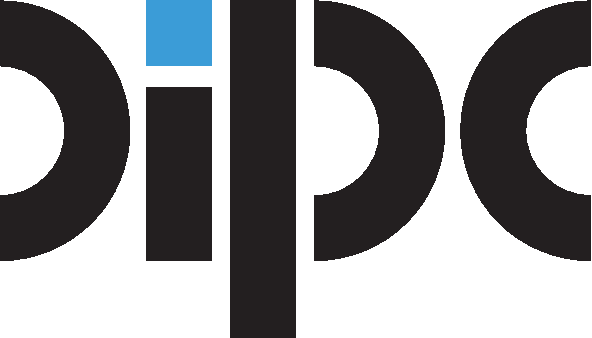



Invited talk
Transport properties of nanostructured graphene
Center for Nanostructured Graphene (CNG), DTU Nanotech, DTU, Denmark
Despite of its many wonderful properties, pristine graphene has one major drawback: being a semimetal it does not have a band gap, which complicates its applications in electronic devices. Many routes have been suggested to overcome this difficulty, such as cutting graphene into nanoribbons, using chemical methods, or making regular nanoperforations, also known antidot lattices. All these ideas work beautifully in theory, but realizing them in the lab is very difficult because all fabrication steps induce disorder and other nonidealities, with potentially disasterous consequences for the intended device operation. In this talk I introduce these ideas and review the state-of-the-art both from the theoretical and the experimental points of view. I also introduce some new ideas, such as sublattice asymmetric doping (which Nature allows!), triangular antidots, and nanobubbles formed in graphene. Our simulations, relying on advanced numerical techniques, show that it may be possible to generate very high quality spin- and valley polarized currents with these structures – something that has not yet been achieved in the lab. Importantly, our simulations involve millions of atoms which is necessary in order to address structures feasible in the lab.